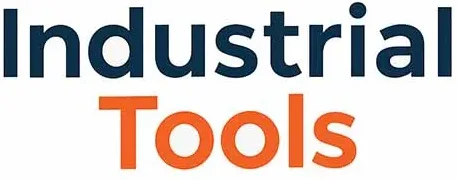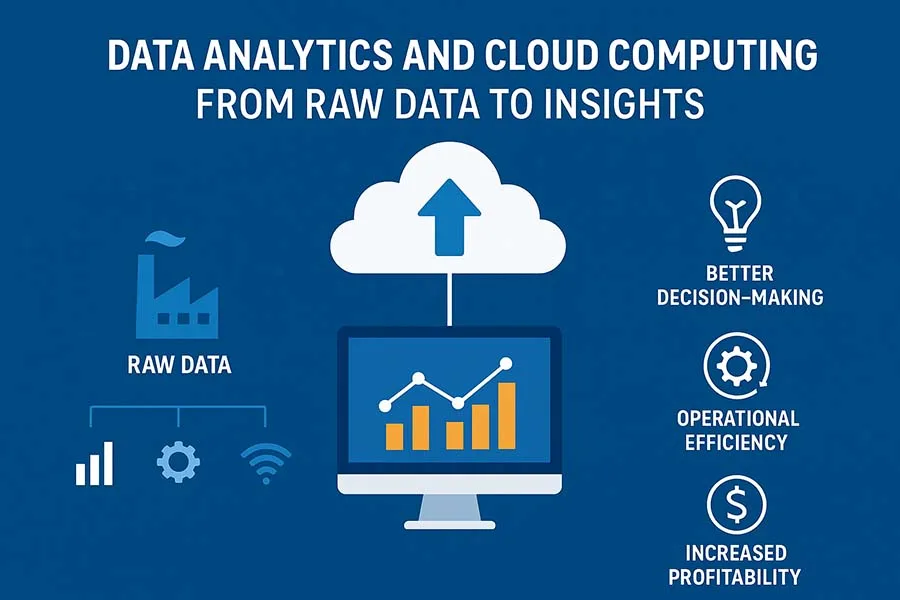Introduction
Industry 4.0 promises a new era of manufacturing—smart factories, connected machines, real-time data analytics, and AI-driven processes. Yet, while the vision is exciting, the path to implementation is not without its hurdles. From technology adoption to workforce readiness, companies face a variety of challenges and barriers that can slow down or even derail their digital transformation journey.
Understanding these obstacles is crucial. Not only does it prepare businesses for realistic planning, but it also enables them to implement proactive strategies that reduce risks and maximize ROI.
1. High Initial Investment Costs
One of the most immediate challenges in adopting Industry 4.0 technologies is the financial barrier. Smart factories require significant investment in:
- IoT devices and sensors
- Automation equipment and robotics
- Cloud infrastructure and data storage
- AI and analytics platforms
For many small and medium-sized enterprises (SMEs), these costs can be prohibitive. Without careful budgeting and phased implementation, companies risk overspending on technology without realizing immediate benefits.
Solution: Start with pilot projects to test ROI, then scale up gradually. Partnering with technology providers for leasing options or subscription-based models can also help reduce upfront costs.
2. Workforce Skills Gap
The shift to Industry 4.0 demands a workforce with new skill sets. Key areas include:
- Data analytics and interpretation
- Cybersecurity and network management
- Programming and robotics operation
- AI and machine learning integration
Many traditional manufacturing employees may not have experience in these fields, creating a skills gap that slows implementation and reduces productivity.
Solution: Invest in training programs, reskilling initiatives, and partnerships with technical schools or online platforms to upskill existing employees.
3. Data Security and Privacy Concerns
The more connected a factory becomes, the higher the exposure to cyber threats. Industrial systems are increasingly targeted by cyberattacks, which can compromise:
- Intellectual property
- Customer data
- Operational continuity
A single breach could cause major production downtime or even damage a company’s reputation.
Solution: Implement robust cybersecurity measures, including network segmentation, encryption, access control, and continuous monitoring. Developing an incident response plan is also essential.
4. Integration and Interoperability Issues
Industry 4.0 relies on the seamless interaction of multiple systems: machinery, IoT devices, software platforms, and cloud applications. However, many companies struggle with:
- Legacy equipment that isn’t compatible with new technologies
- Diverse vendor systems that don’t communicate effectively
- Data silos that prevent unified insights
Solution: Standardize protocols and use middleware solutions to bridge systems. Long-term, plan for equipment upgrades and select vendors with open, interoperable technologies.
5. Change Management and Organizational Resistance
Implementing Industry 4.0 isn’t just about technology—it’s about changing company culture. Resistance can arise from:
- Fear of job loss
- Lack of understanding of benefits
- Reluctance to adopt new processes
Without employee buy-in, even the most advanced technology can fail to deliver expected results.
Solution: Foster a culture of innovation with clear communication, involve employees in planning, and demonstrate how automation can enhance—not replace—their roles.
6. Regulatory and Compliance Challenges
Manufacturing industries must navigate complex regulations, which can differ by region. Industry 4.0 technologies may face:
- Compliance with data protection laws (e.g., GDPR)
- Safety standards for automated machinery
- Environmental regulations for energy-efficient operations
Non-compliance can result in legal issues or fines, delaying or stopping projects.
Solution: Stay updated with local and international regulations, and work closely with legal and compliance teams during implementation.
7. Technical Complexity and Scalability
Finally, Industry 4.0 systems can be technically complex to design, implement, and scale. Challenges include:
- Handling large volumes of real-time data
- Ensuring system reliability and uptime
- Scaling pilot projects to full-factory adoption
Solution: Start small with pilot programs, document lessons learned, and incrementally scale while monitoring system performance.
Challenges and Barriers in Industry 4.0 FAQ
Further Read
- Core Foundations of Industry 4.0: The Tech Stack Explained
- Industrial Internet of Things (IIoT): Connecting Machines, Data, and People
- Digital Twin Technology: From Concept to Real-World Applications
- Robotics and Automation: The Heart of Smart Manufacturing
- Artificial Intelligence (AI) and Machine Learning: Smarter Manufacturing
- Augmented Reality (AR) and Virtual Reality (VR): The Human-Tech Interface
- Data Analytics and Cloud Computing in Industry 4.0
- Cybersecurity in Industry 4.0: Protecting the Smart Factory
- Integration and Interoperability in Industry 4.0
- Benefits of Understanding the Core Foundations: People, Processes, and Technology
- Challenges and Barriers in Industry 4.0: Overcoming the Roadblocks to Smart Manufacturing
- The Future of Manufacturing: Towards Industry 5.0
Conclusion
Industry 4.0 offers immense opportunities, but success requires recognizing and addressing the challenges head-on. High costs, skills gaps, cybersecurity risks, integration hurdles, resistance to change, regulatory requirements, and technical complexities are all real barriers—but each has practical solutions. By planning strategically and taking a phased approach, companies can transform these obstacles into stepping stones toward smarter, more efficient manufacturing.





